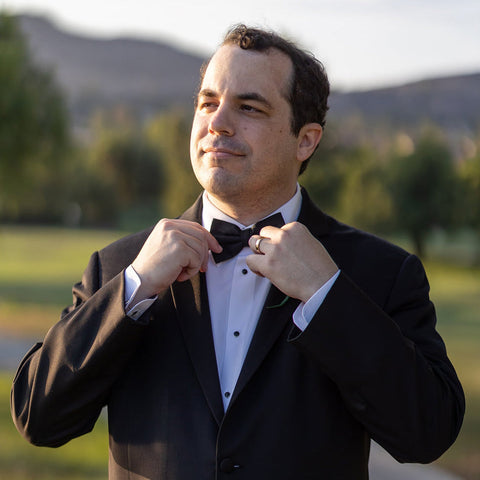Theresa Linden Interview on Roland West, Outcast

What inspired you to write Roland West, Outcast?
We live in a culture that is not open to the truth or that wants a watered-down version of it, especially when it comes to tough moral issues. And when a Christian speaks up they are often labeled “judgmental” or “hater.” Many Christians are afraid of offending others, and so they remain silent. This is what the culture wants; it wants to take away our voice.
But the world needs Christ. The world needs truth. As Christians, we’ve been sent into the world to speak the truth. Happiness and salvation are found only in the truth. So if we really care about others, we need the courage to speak up and to be countercultural. If we remain silent, we risk losing souls to hell. I wrote this book to support the faithful in speaking up for truth, especially when it’s hard. And I felt that Roland West, as shy as he is, would be the perfect character for this story.
The last book you published, Anyone but Him, took place several years ahead of this one but with the same characters. Is it hard to bounce around in the West Brothers’ timeline?
It was a bit of a challenge. Book four in the West Brothers series, Standing Strong, takes place at roughly the same time as Roland West, Outcast. One scene is even shown in both stories but from different perspectives, so that was a bit tricky. I had to make sure the weather was right. The storm in Standing Strong had to match up with the storm in Roland West, Outcast. I also had to watch conversations between Roland and his twin brothers, making sure to stay consistent. And I was thinking about Anyone but Him whenever Caitlyn and Jarret were in the same scene. Fun! But, yes, a bit of a challenge. And for all of the West Brother books going forward [I’ll write at least one more: the Confirmation story] I have to make sure Jarret comes across as being a bad boy, even though he’s changed now, because that’s how Caitlyn saw him.
Are the experiences in the story based on someone you know, or events in your own life?
The main story idea is based on current events. Even the ugly incident in the prologue is like an actual situation that I read about. But many of the scenes in this story spring from events in my past. For example, my own mortifying experiences giving speeches in high school helped me develop Roland’s first scene in this story. Also, I think most people can identify with Peter when he has a crush on someone who doesn’t seem to notice him. Every one of my characters has something in their personality or habits that I can relate to, even the “bad” ones.
What has been the toughest criticism given to you as an author? What has been the best compliment?
In my younger years, I joined an online critique group with both new and experienced writers. Everyone had to give critiques in order to receive them. Some writers were just learning this skill, but others had a wealth of knowledge. The replies I received for the first chapter I submitted were the hardest. One very talented writer ripped my chapter to shreds—not in a mean way, but it was painful nonetheless. I put the critique aside and decided I wasn’t cut out for writing; it was a hobby and I would never be an actual “writer.” But a few days later, unable to give up writing, I looked at the critique again. This one critique transformed my writing. I learned to use sensory details, to writer stronger sentences, to show rather than tell, and a whole lot more. Even though it can be a difficult experience, I highly recommend that writers join critique groups.
My favorite compliments are the ones I’ve received from teen readers. One struggling reader finished Roland West, Loner and sent a text message to his teacher—a teaching nun—asking for the next book in the series because, even though he doesn’t like to read, he really enjoyed my book. Another teen posted on social media that I was her favorite author, and she couldn’t wait for my next book to come out! Authors love to know how readers feel about their books. A good review is the best reward!
What books and authors have influenced your writing?
I read books in a variety of genres and often come away from a book with a story idea or with a fresh way of approaching different facets of writing. Louis de Wohl’s saint stories were among my favorites as a young adult. I like how de Wohl provides a good historical framework while letting the reader really get to know the characters. Every failure and trial leads to the climactic scene where the main character conquers the battle within. I’ve also been influenced by Frank Peretti’s and Dean Koontz’s books that show the spiritual warfare in creative ways.
My writing is also influenced by the authors at CatholicTeenBooks.com. I’ve read most of their books, and I’ve also received writing advice from many of these talented authors. They each have their own unique way of bringing the faith to life through a story. As a Catholic fiction writer, I want to write captivating stories with strong characters who face real challenges, and then move the story to a dramatic faith-filled climax.
What do you think makes a good story?
I believe that a good story needs interesting characters that readers will want to know more about and want to follow from page to page. And the characters need strong goals. They must want something or want to avoid something badly. Whether it’s labeled “Christian” fiction or not, I believe that a good story should speak to us about human nature, who we are as human persons, made in the image and likeness of God.




